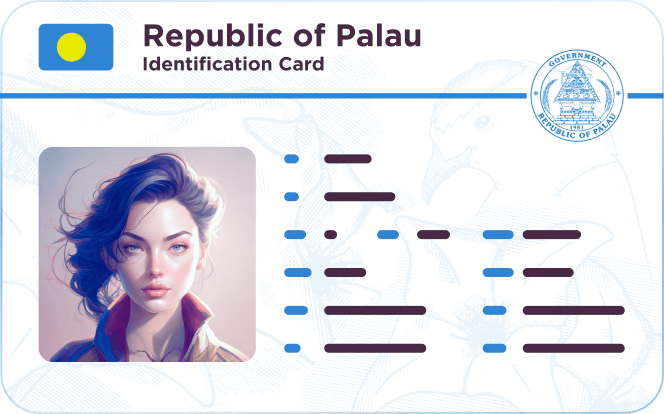In the Pacific island of Palau, an intriguing experiment in digital citizenship is growing. By paying the RNS.ID platform a fee of just $248, anyone worldwide can secure digital residency assets to extend their visas for more beach life and mask their true identities to access banned crypto exchanges.
Quick Takes:
- Palau’s digital residency assets on RNS.ID is a functional identity verification tool for various businesses, including hospitality, retail, telecoms, online banking, and cryptocurrency.
- One notable advantage of the Palau identification initiative is its potential to serve as a “side door” into crypto exchanges for citizens from countries with stricter regulations, allowing them to bypass existing barriers.
- Binance‘s founder, Changpeng Zhao, was among the first to partake in the digital residency program.

Empowering Accessibility and Innovation
Valid for one, five, or ten years, RNS.ID’s Palau digital residency cards, launched in 2022, cost $248 up to $2,039. The cards do not grant passport citizenship but extend tourist visas by 180 days.
RNS’s virtual assets are functional as identity verification for certain businesses, including hospitality, retail (Costco), telecoms (T-Mobile), online banking, and, last but not least, cryptocurrency.
One of the most notable advantages of the Palau identification initiative is the digital assets’ potential to act as a side door into crypto exchanges for citizens from countries with tightened regulations, including the US, China, and Canada. By acquiring a Palau ID, they can override existing barriers.
All buyers of the digital assets must undergo a process that takes up to 10 days, which includes sharing their contact information, passing anti-money-laundering checks, and providing an identification document before approval.
Diverse Reactions Among Crypto Enthusiasts
Binance’s founder, Changpeng Zhao, was among the first to partake in Palau’s digital residency program. For this reason, the exchange giant has approximately 2,000 users registered with a Palau identification, representing less than 0.002% of its total users.
Following compliance issues when conducting due diligence and bad press, Binance dropped out of its agreement with RNS. The investment hit the headlines and sparked debates over American citizens traditionally being unable to use the exchange because of lacking a US operating license.
Still, according to the RNS official website, 90% of crypto exchanges, including Kraken, Crypto.com and Huobi, tolerate the form of ID. Crypto.com denies such allegations. Huobi, on the flip side, took to Twitter to share the good news about its collaboration with the platform last year:
The wider crypto community holds various views about Palau’s digital residency program. Some traders successfully use the digital ID for crypto transactions that were not previously possible, whereas others show no interest in access whatsoever.
Concerns regarding the misuse of the program continue, but RNS remains successful — attracting more than 7,338 digital residencies in mid-June alone, generating revenue exceeding $1 million.
Subscribe to the NFT Lately newsletter to receive news covering the latest NFT drops, releases, reviews, and more.



